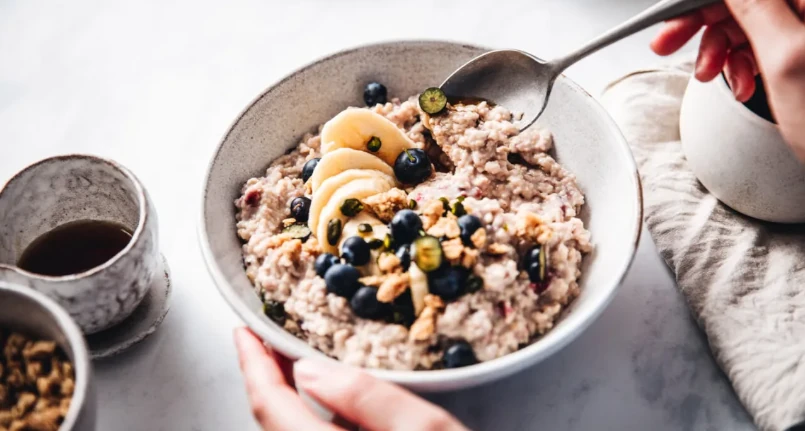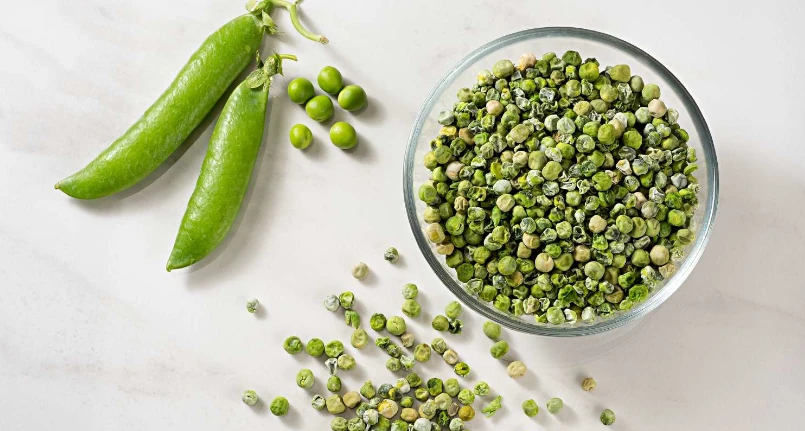Introduction
In common knowledge, the concept has now consolidated that diets rich in animal fats and low in polyunsaturated fatty acids are associated with a tangible increase in the risk of coronary and cardiovascular disease in general, both in laboratory animals and in humans.
Different markers, such as apolipoprotein A1 and B or homocysteine , have offered further ideas for a more careful evaluation of the real cardiovascular risk and its dependence on dietary habits. In this scenario of great attention paid to the effects of saturated fatty acids on cardiovascular health, there are numerous suspicions relating to palm oil and its repercussions on health.
Palm oil
Palm oil is today the world leader, from a commercial point of view, of edible oils and fats .
Mainly produced in Malaysia, the country which is the world’s main exporter of this food, palm oil is sold in over 150 countries worldwide, enjoying enormous success due to its extremely competitive price and excellent suitability for use food and industry .
However, despite the enormous commercial success, the chemical composition of palm oil, especially in recent years, has been at the center of numerous controversies regarding the potential side effects on cardiovascular health .
In fact, unlike many other vegetable oils , such as olive oil , palm oil is made up of:
- almost 50% from saturated fatty acids , with a clear prevalence of palmitic acid ;
- 39% from monounsaturated fatty acids such as oleic acid ;
- 11% from polyunsaturated fatty acids such as linoleic acid ;
- less than 1% from biologically active elements such as carotenoids , tocopherols , sterols , squalene , coenzyme Q10 , phospholipids and polyphenols .
It is also important to remember how this composition differs significantly from palm kernel or palm kernel oil (co-product widely used in the industrial field), which instead consists of more than 80% saturated fatty acids, albeit mostly medium-chain .
Palm oil: yes or no?
Leaving aside the negative effects of the intensive cultivation of palms on biodiversity and faunal ecosystems, a problem that is clearly superimposable for any other intensive cultivation, many questions are asked regarding the effects of palm oil on health.
Although in recent times there has been a general alarm regarding the use of palm oil, partly justified by a decidedly different chemical composition compared to that of other vegetable oils, only a few scientifically valid studies have investigated the specific effects of palmitic acid on coronary and cardiovascular risk .
Fortunately, this huge gap has been partially filled by an Italian research group of Mario Negri, which with a very recent article published in The American Journal of Clinical Nutrition has revised the state of the art in relation to the biological effects of palmitic acid in a meta-analysis.
From the literature currently published, considering the presence of numerous studies funded by the Malaysian Palm Oil Board , with obvious conflicts of interest, it emerges that the replacement of dietary palmitic acid with other fatty acids could have both positive and negative effects on some cardiovascular risk markers such as serum total cholesterol concentrations ,LDL , HDL , Triglycerides , Apolipoproteins and Homocysteine.
Although further studies are needed, the cardioprotective role of a diet with a low fat content and a higher concentration of polyunsaturated fatty acids , compared to saturated and trans-hydrogenated ones , would emerge from this evidence .
Considerations
Although public opinion has already widely expressed its negative opinion on the effects of palm oil on health, so much so as to push some states such as India to introduce a tax on products containing palm oil, with inevitable repercussions of a socio-economic, the scientific literature in general seems much more cautious in expressing itself.
However, the benefits of a more careful diet in preserving cardiovascular health would be indisputable. In this sense, therefore, it would be appropriate:
- Reduce the consumption of saturated fatty acids, especially of animal origin;
- Reduce the consumption of trans – hydrogenated fatty acids;
- Reduce the fat content of the diet;
- Promote the consumption of monounsaturated fatty acids such as oleic acid ;
- Maintain the correct ratio of polyunsaturated fatty acids .
Pending further studies, the replacement of palm oil with vegetable oils with a higher concentration of oleic acid therefore seems to represent a noteworthy preventive move.




